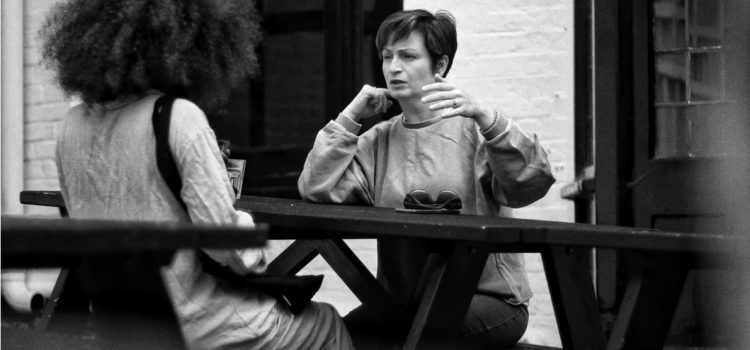What are the secrets to living a good life? What are the possible obstacles to your happiness? The secrets to living a good life include surrounding yourself with friends and family, avoiding self-pity, hard work, and being around people you admire. Envy, lack of ambition, and drug addiction are all factors that can prevent you from living a good life. Read on to discover more about the secrets of living a good life.
Charlie Munger’s 8 Secrets to Living a Good Life
![Charlie Munger’s 8 Secrets to Living a Good Life 8 Secrets to Living a Good Life [Charlie Munger]](https://www.shortform.com/blog/wp-content/uploads/2021/06/good-life-morning-coffee-750x350.jpg)









